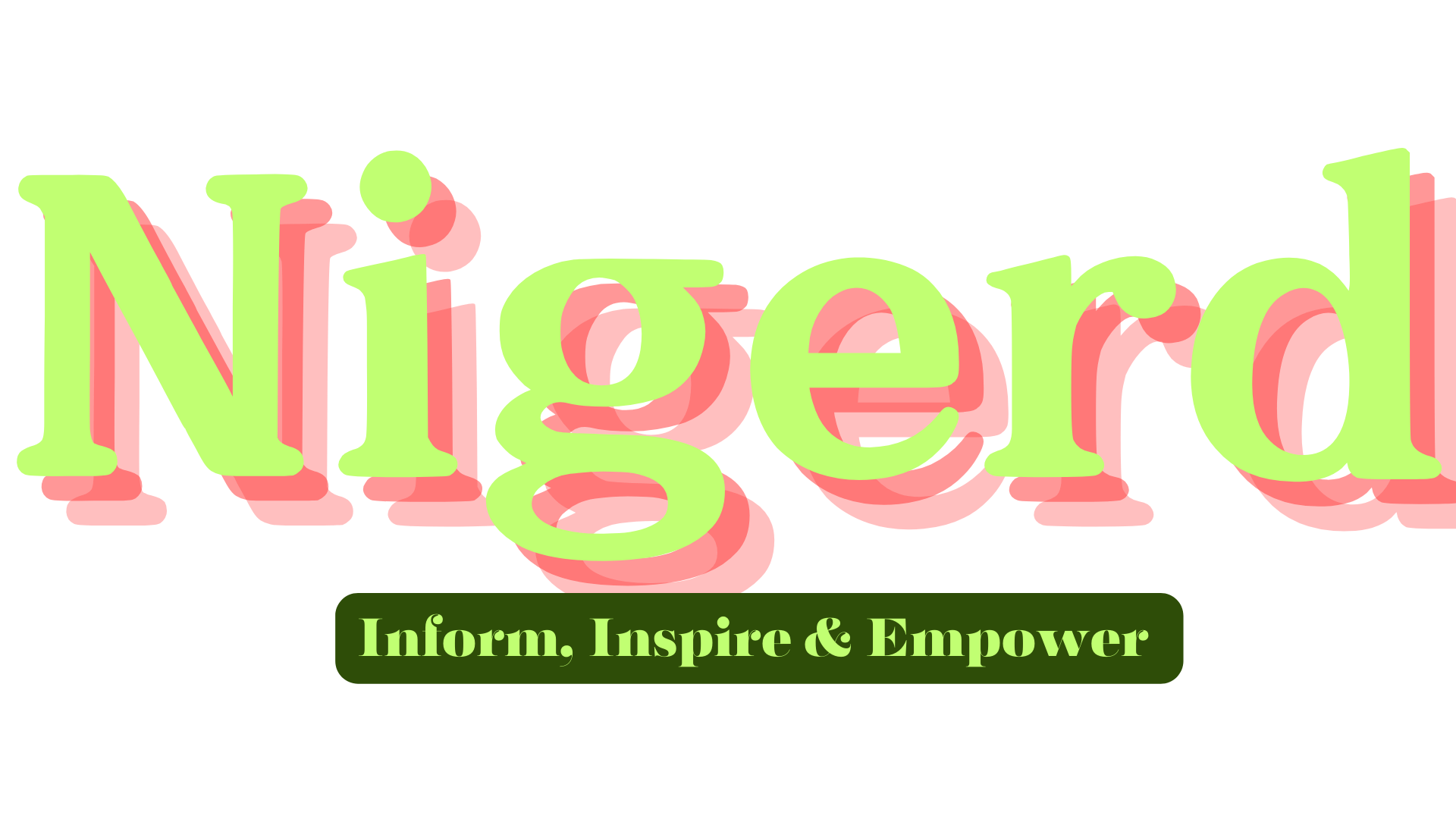In Nigeria, a country brimming with potential and youthful energy, a perennial question lingers in the minds of many innovative youths: “Who is to blame for my failures, you or I?” This question, addressed to the Nigerian government, resonates deeply in a society where ambition often collides with systemic challenges.
The Plight of Innovative Youths in Nigeria
Nigeria boasts one of the largest youth populations in the world, a demographic that should be a driving force for innovation and economic growth. However, the reality is that many young Nigerians find themselves grappling with failures despite their relentless efforts and creative ingenuity. From tech startups to artistic endeavors, the road to success is fraught with obstacles that often seem insurmountable.
Government Responsibility
- Economic Environment: The Nigerian government plays a crucial role in shaping the economic landscape. High inflation, unstable power supply, and inadequate infrastructure are significant barriers that stifle the growth of businesses and innovative projects. Without a conducive environment, even the most brilliant ideas struggle to take off.
- Educational System: The education system in Nigeria often fails to equip students with the necessary skills and knowledge required in the modern job market. A curriculum that lags behind current technological advancements leaves graduates unprepared for real-world challenges, hindering their ability to innovate and compete globally.
- Access to Funding: For many young entrepreneurs, access to funding is a major hurdle. Government-backed grants and loans are often mired in bureaucratic red tape, making it difficult for startups to secure the financial support they need to grow and scale their operations.
- Policy and Regulation: Inconsistent policies and regulatory frameworks can create an uncertain business environment. For instance, sudden changes in tax laws or import restrictions can disrupt business plans and deter foreign investment, further limiting opportunities for young innovators.
Personal Responsibility
- Skill Acquisition: While systemic issues are significant, personal responsibility cannot be overlooked. Innovative youths must continuously strive to acquire new skills and adapt to changing market demands. Lifelong learning and self-improvement are essential components of success.
- Networking and Collaboration: Building a network of like-minded individuals and seeking mentorship can provide valuable support and guidance. Collaborating with others can open doors to new opportunities and resources that might otherwise be inaccessible.
- Resilience and Perseverance: The journey to success is rarely linear. Resilience in the face of setbacks and a willingness to persevere despite challenges are crucial traits for any aspiring innovator. The ability to learn from failures and pivot when necessary is often what differentiates successful individuals from the rest.
Industries and Areas for Youth Engagement
To force the government to align with the needs and aspirations of the youth, it is crucial for innovative youths to focus on key industries and areas that drive economic and social change:
- Technology and Digital Economy: The tech industry, including software development, fintech, and digital services, is a powerful engine for economic growth. By leading in innovation and tech entrepreneurship, youths can create new job opportunities and push for better digital infrastructure and policies.
- Agriculture and Agro-Tech: With agriculture being a cornerstone of Nigeria’s economy, innovative approaches in agribusiness can revolutionize food production and distribution. Youths can advocate for policies that support modern farming techniques, sustainable practices, and access to agricultural financing.
- Creative Arts and Entertainment: Nigeria’s entertainment industry, particularly music and film, has a global presence. By leveraging creative talents and expanding into global markets, youths can drive cultural influence and economic impact, necessitating supportive policies and investment in creative infrastructure.
- Renewable Energy and Sustainability: Addressing the energy crisis through renewable energy solutions is vital. Youths can champion projects in solar, wind, and other sustainable energy sources, advocating for regulatory support and investment in green technologies.
- Health and Biotechnology: Innovations in health and biotechnology can address critical public health challenges. By focusing on healthcare startups, medical research, and biotech solutions, youths can push for improved healthcare policies and funding for research and development.
- Education and E-Learning: Improving the education system through technology and innovative teaching methods is essential. Youths can develop e-learning platforms, advocate for curriculum reforms, and create educational content that aligns with global standards.
A Shared Responsibility
Ultimately, the blame for failures is not solely the burden of the government or the individual. It is a shared responsibility. The Nigerian government must create an enabling environment that nurtures and supports innovation. At the same time, young Nigerians must take proactive steps to seize opportunities, overcome obstacles, and continuously improve themselves.
In addressing the question of who is to blame, it is essential to foster a collaborative spirit. Government policies and initiatives should be designed with input from the youth, ensuring that their needs and aspirations are adequately met. Innovative youths, in turn, must engage constructively with the government, advocating for changes that will benefit not only themselves but the broader society.
By working together, the Nigerian government and its innovative youths can transform potential into reality, turning failures into stepping stones for a brighter, more prosperous future.




















































